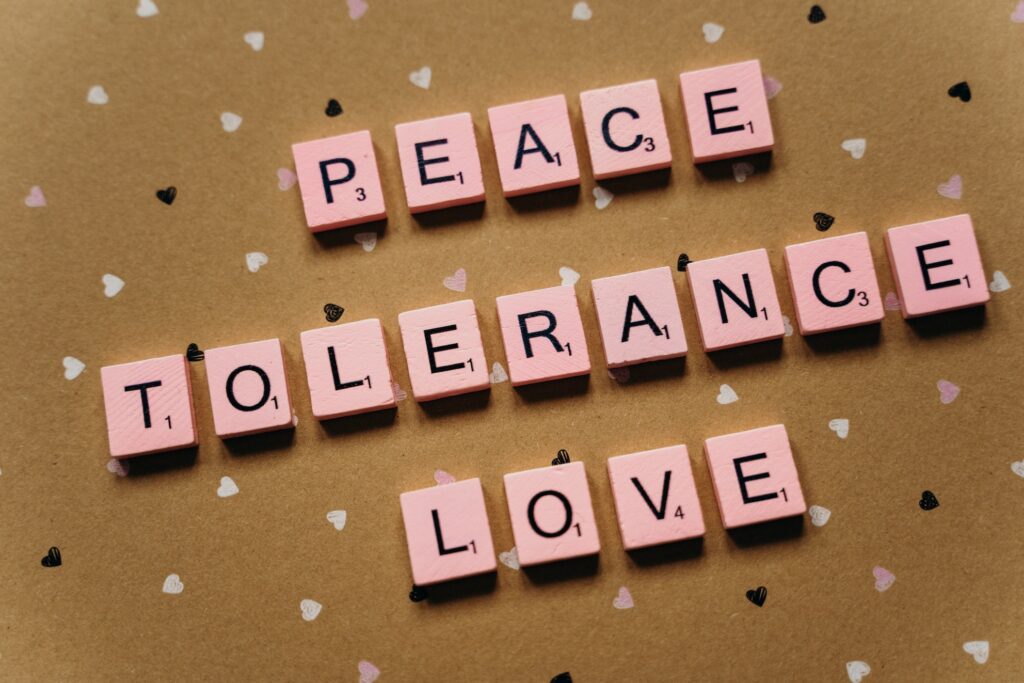Experiencing and Enjoying healthy relationships helps you protect your mind, improves your well-being, grow happily and maintain your cognitive function as you grow older. Relationships of all types are equally important as they provide a great sense of satisfaction of belonging to a tribe.
Surrounding yourself with good relationships is what keeps you living a long, healthy and happy life. As the saying goes “relationships are one’s biggest assets”. But it goes totally opposite when you are in a toxic relationship, the dark side of the pursuit of finding happiness in relationships. We all must have heard or seen at some point of our life ‘relationships gone horribly wrong’. The beaming faces of parents living in old age homes, who don’t have any relationship to talk about with pride, who have had no meaningful relationship left and yet, they are smiling keeping aside the pain and grief they are going through everyday.
The one thing on which any recovery from any serious illness depends, which never makes an appearance in any medical book, is love. Love is powerful whether from a friend, a child, a parent, a partner, a relative, in rescuing us from any pain. When in pain, a loving companion makes the difference and helps us to move forward. When we are mentally ill, we are often very stressed about what a number of anxieties we need to go through in future. At that time, love shows us the right path and reminds us to be strong and courageous. This is what makes the role of love on mental health so impactful in our lives.
Love is good for your mind as-
- Love helps you live a healthy longer life: Research shows that real love, no matter what form it comes in, reduces the chance of developing depression or any other form of mental illness which is to say love boosts your mental health and puts you on the path to a long life.
- Love lowers the chance of developing anxiety: Being in love and having another person close can alleviate anxiety. Research shows that being alone or having no one by your side can hurt you mentally. Loneliness encourages anxiety, which is arbitrated by different neurotransmitters as ‘norepinephrine’. Also, adrenaline and cortisol levels rise when people feel insecure and alone which causes anxiety.
- Love eases stress: According to the Health and Human Services report, being in a loving relationship reduces stress giving you immense happiness. This finding is not surprising, because social isolation clearly makes you feel depressed and stressed. When we feel securely attached, our stress (cortisol and adrenaline) levels lowers and increases homeostasis, which means our neurochemicals are back in balance.
- Love makes you happy: When you’re in love, you are extremely happy all the time. When you fall in love for the very first time, the feel good hormone (oxytocin) is released which is a mood intensifier, so people feel very positive and extremely appreciated. When the hormone is released into certain parts of the brain, it affects emotion and cognitive and social behaviors. Oxytocin activates feelings of love and protection, which naturally triggers when parents and children look into one another’s eyes.
- Love eliminates your fear: Life is full of challenges, threats and uncertainty. When we feel frightened, bring on more love into our lives which can help. Fear is an emotion processed in the amygdala, a part of the brain that detects threat and activation of appropriate fear-related behaviors in response to threatening or dangerous stimuli. The study shows that a natural modulator of the hyperactive amygdala: the oxytocin, also known as the ‘love molecule’ rushes to the brain region ruling fear. Oxytocin is released in the brain in response to touch between loved ones which in effect eliminates the feeling of fear.
As Mahatma Gandhi said “Where there is love there is life”.
Being deeply loved by someone gives you strength, while loving someone deeply gives you courage
–Lao Tzu

